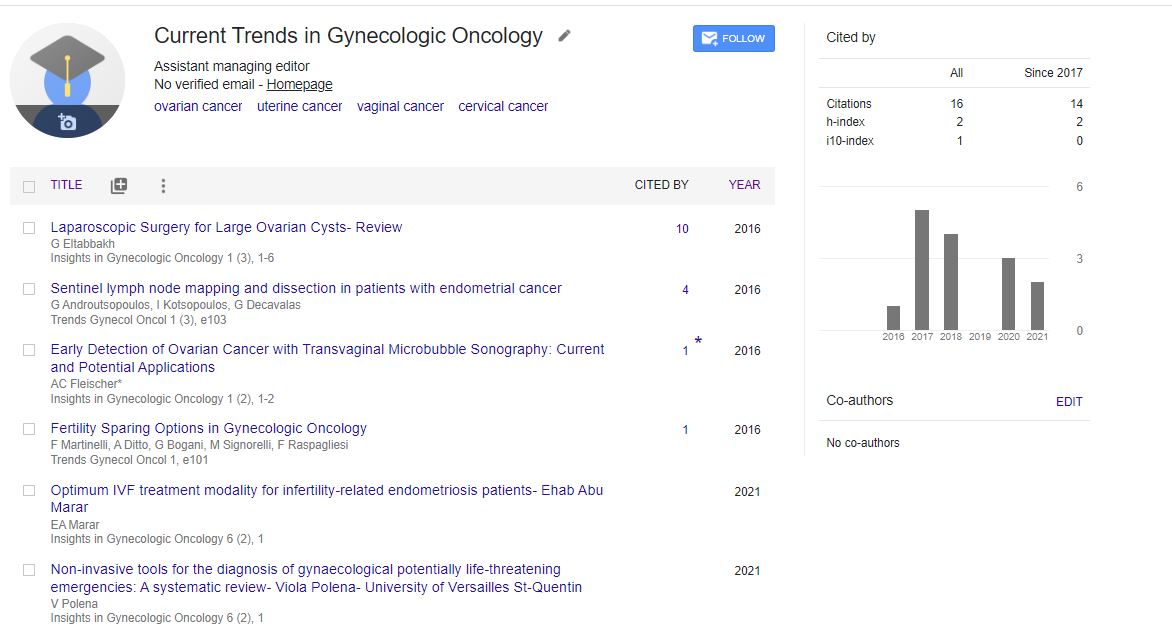The relationships of structural empowerment, psychological empowerment and organizational commitment in Saudi and non-Saudi registered staff nurses in Saudi Arabia
*Corresponding Author:
Copyright: © 2020 . This is an open-access article distributed under the terms of the Creative Commons Attribution License, which permits unrestricted use, distribution, and reproduction in any medium, provided the original author and source are credited.
Abstract
Statement of the Problem: Organizational commitment is a critical element of nurse retention and highly associated with intent to leave and actual turnover. Nurses' commitment is influenced greatly by nurses’ perceived empowerment in the workplace. In Saudi Arabia, currently there is a gap in the literature regarding staff nurses’ perception of empowerment and organizational commitment. Therefore, it was imperative to conduct a research to acquire better understanding of nurses’ perceptions and attitudes regarding empowerment and organizational commitment.
The primary purpose of this study was to examine and compare the relationships among structural empowerment, psychological empowerment, and organizational commitment in Saudi and non-Saudi nurses working in Saudi Arabia. Additionally, the study determined the factors that predict organizational commitment among the two study populations.
Methodology & Theoretical Orientation: The theoretical framework was based on Kanter’s (1977,1993) Theory of Structural Empowerment and Spreitzer’s (1995) Theory of Psychological Empowerment. The study used a descriptive comparative multivariate correlational research design and a self-administered, paper and pencil survey to collect data from a convenience sample of full-time nurses (N = 398) working in inpatient units in three governmental hospitals in Saudi Arabia.
Findings: Statistically significant positive partial correlations were found among structural empowerment, psychological empowerment and organizational commitment. Non-Saudi nurses perceived higher levels of empowerment and commitment compared to Saudi nurses. Psychological empowerment was found to have a small moderation effect on the relationship between structural empowerment and continuance commitment.
Conclusion & Significance: Findings of this study may assist nursing authority understand the relationships between nurses’ empowerment and organizational commitment and facilitate the
necessary changes to improve the current working conditions. The findings may provide evidence for recommendations to use empowerment and organizational commitment as new concepts to investigate and measure commitment and improve future retention and anticipated turnover among staff nurses working in Saudi Arabia.

 Spanish
Spanish  Chinese
Chinese  Russian
Russian  German
German  French
French  Japanese
Japanese  Portuguese
Portuguese  Hindi
Hindi 